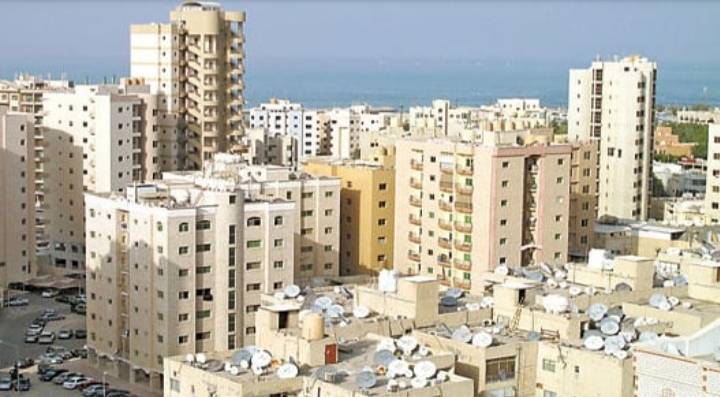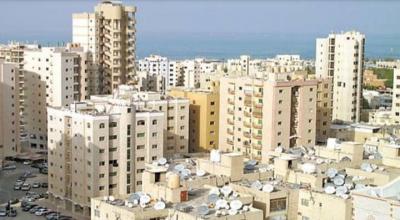A true tragedy is being experienced by owners of buildings subject to old rentals, as the suffocating economic crisis and the insane rise in the dollar exchange rate have exacerbated their suffering, leaving some unable to secure even the most basic necessities of life. "This wound has been bleeding for 40 years and still is," says Patrick Rizkallah, head of the owners' syndicate. But the problem worsens amid the crisis, with some property owners unable to even buy their medicine. How can these individuals endure when their income is 400,000 Lebanese Lira per year? If the rental value is 400,000 Lira per year, this means that the value is approximately 30,000 Lira per month, which is less than half a dollar.
But where does the problem lie if the rental law has been enacted? Rizkallah explains in a conversation with MTV that "the problem lies with the 24 judicial committees headed by a judge, which were formed under the rental law effective since 2014. All its provisions are implemented except for those related to the judicial committees that determine who benefits from supporting tenants and who does not." He points out that "the decrees for establishing the committees were issued in 2019, as were the decrees for the fund, and recently, 25 billion was allocated in the budget. Thus, the entire mechanism has become clear, and the decision by the Minister of Finance to appoint officials responsible for this fund within the Ministry of Finance was issued in 2019. Consequently, tenants filed over 10,000 requests to benefit from this fund. The problem is that the judges do not decide on these requests to determine who truly benefits and who does not."
In light of this delay, Rizkallah notes that "some tenants exploit this loophole and submit requests to benefit from the fund even if they are not entitled to it, taking advantage of the judges' procrastination in deciding on these requests." Faced with this reality, Rizkallah urged the Supreme Judicial Council and judges to appeal to their conscience and expedite the decisions on these requests, asserting that a judge cannot ignore an effective law; otherwise, people will resort to self-help and take matters into their own hands.
On another note, it was necessary to ask about the reality of new rents amidst the crisis. Rizkallah explains that "most owners and tenants agree voluntarily on the payment method, whether in Lebanese Lira, dollars, or both." Regarding the rents that owners should charge, he indicated that "the rents should be 4 to 5 percent of the value of the property. If the property value, whether an apartment or an office or otherwise, is 100,000 dollars, then the rent should be between 4,000 and 5,000 dollars per year, or about 400 dollars monthly. However, in Lebanon, due to fluctuations in the dollar's price, the matter has become linked to supply and demand between owners and tenants, to the extent that the mechanism is unclear and changes according to each case, each owner, and each tenant, noting that the rental value varies between Beirut and the outskirts."
There is no doubt that this sector has also been affected, especially since most families still earn their income in Lebanese Lira and are unable to pay in dollars, a situation that will undoubtedly increase the burden on the Lebanese and add to the legal disputes between owners and tenants, where the ruling is difficult as both are right.




